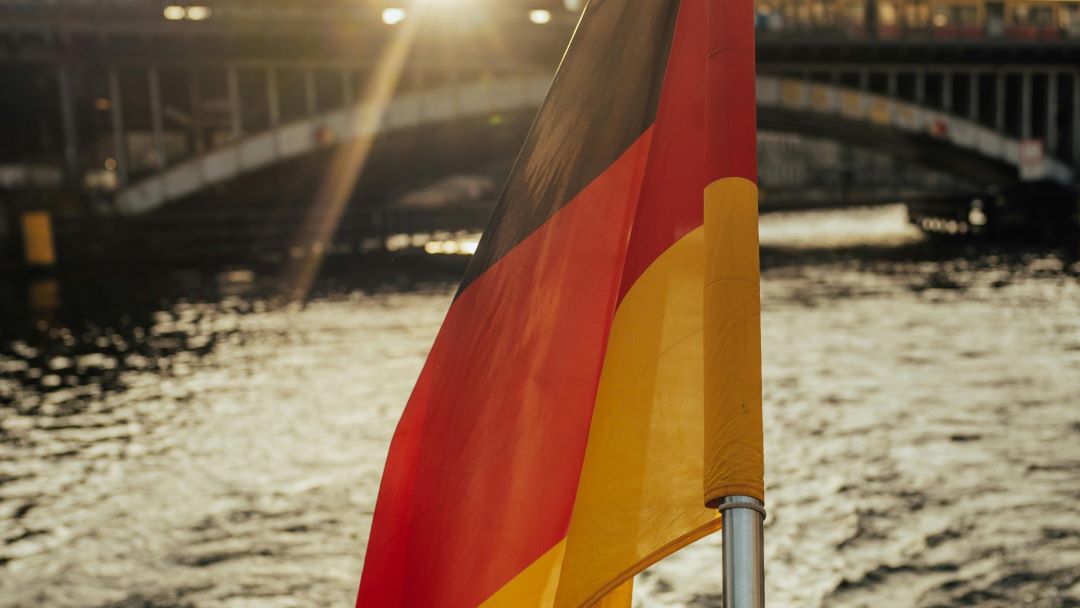However, the move falls short of transforming Germany into the world’s largest regulated cannabis market, as the legislation does not include licensing for wholesale cultivation and retail.
Under the approved rules set to take effect on April 1, adults in Germany will be allowed to publicly use and carry up to 25 grams of cannabis, making it one of the most tolerant countries in Europe regarding recreational cannabis use. This development, a flagship social reform under Chancellor Olaf Scholz’s center-left coalition government, has been in the works for over a year. Despite its approval, the law faces ongoing controversy, with opposition lawmakers expressing intent to challenge it in court, potentially slowing down its implementation.
The legislation positions Germany as the most cannabis-friendly country in Europe, surpassing even the Netherlands, known for its relatively relaxed stance. In the Netherlands, possession of more than 5 grams remains a criminal offense, while public consumption in designated cafes is tolerated but not legally sanctioned.
Comparing the German law to other developed economies, Canada stands out as more liberal, allowing individuals to possess up to 30 grams of cannabis and purchase it from licensed retailers. In the United States, cannabis remains classified as a federally illegal “schedule 1” drug, but 24 states permit its recreational use.
Health Minister Karl Lauterbach defended the German legislation during a contentious session of the Bundestag, emphasizing the need for change due to outdated laws criminalizing cannabis. He pointed out that 4.5 million Germans were regular cannabis users, making legalization a pragmatic response. Lauterbach highlighted a 100% increase in marijuana consumption among individuals aged 18-25 over the past decade. The new law aims to dismantle a dangerous criminal market, provide more educational resources, and impose harsher penalties for selling cannabis to those under 18.
Despite its passage, the law faced backlash, leading to a modification of the original proposal. The government abandoned plans for widespread licensed cannabis sales in public shops, a move criticized by pro-legalization groups and commercial cannabis producers. The potential for licensed sales may be revisited in the future, although no specific timeline has been provided by the health ministry.
A 2021 study commissioned by the German Hemp Association suggested that the government could generate up to €3.4 billion annually in additional tax revenues by licensing and taxing cannabis sales. The approved law permits the cultivation of cannabis at home for personal use, allowing up to three plants. Additionally, “clubs” of up to 500 people can cultivate cannabis from July 1, though they cannot sell it directly to members and are limited to distributing a maximum of 50 grams monthly. Excess production must be destroyed. While public cannabis consumption is allowed, it is prohibited near schools or sports facilities and in the company of minors.
Photo by: Levent Simsek




